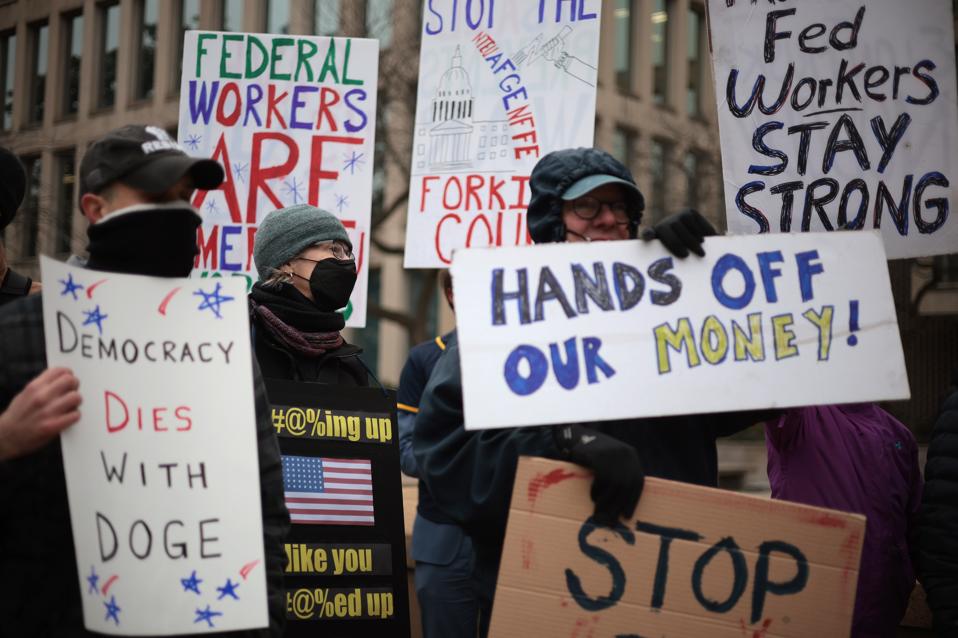The average pay of the world’s wealthiest corporate bosses hit $4.3 million last year, a 50 percent increase over what they pocketed just five years earlier, a new report shows.
According to the report, published by Oxfam and based on data from S&P Capital IQ, the jump in CEO pay dramatically outpaced the real wage growth of the average worker over the same five-year period. In fact, CEO wages rose by 56 times more than worker wages did.
“Year after year, we see the same grotesque spectacle: CEO pay explodes while workers’ wages barely budge,” Oxfam International Executive Director Amitabh Behar commented. “This isn’t a glitch in the system—it’s the system working exactly as designed, funneling wealth ever upwards while millions of working people struggle to afford rent, food, and healthcare,” he added.
The report, which is based on the pay of CEOs at almost 2,000 companies across 35 countries, all of whom made at least $1 million a year in 2024, also shows that the world’s billionaires make an average of $23,500 every hour. The average annual global income, by contrast, is about $21,000.
Luc Triangle, General Secretary of the International Trade Union Confederation, the world’s largest trade union federation, said that the immense gap between worker and CEO compensation is evidence of a “lack of democracy” in the workplace. “Around the world, workers are being denied the basics of life while corporations pocket record profits, dodge taxes and lobby to evade responsibility,” he said.
In the report Oxfam also explicitly called out the extent to which U.S. President Donald Trump’s tariffs are likely to exacerbate income inequality by disproportionately burdening those who are not super wealthy— a warnings that’s already been issued by other organizations. According to one estimate from the Budget Lab research center at Yale, price rises caused by Trump’s tariffs could will reduce the disposable income of the average household by at least $1,600 and as much as $2,000.
“For so many workers worldwide, President Trump’s reckless use of tariffs means a push from one cruel order to another: from the frying pan of destructive neoliberal trade policy to the fire of weaponized tariffs,” said Behar. “These policies will not only hurt working families in the U.S., but especially harm workers trying to escape poverty in some of the world’s poorest countries.”
Finally, the Oxfam report also shed a light on entrenched inequality along gender lines. It found that among more than 11,000 corporations across 82 countries that reported their gender pay gap data, the average gap narrowed from 27 percent to 22 percent between 2022 and 2023. On average that means, however, that women working at these corporations still effectively work for no pay on one day of the week, while their male counterparts are paid for the full week.
Corporations across Japan and South Korea reported some of the highest average gender pay gaps in 2023 of about 40 percent, Oxfam. The average gap in Latin America was 36 percent in 2023—up from 34 percent a year earlier—while companies in Canada, Denmark, Ireland, and the UK reported average pay gaps of 16 percent.
On the topic of gender, Oxfam’s analysis also found that out of 45,501 corporations across 168 countries with revenues in excess of $10 million and specifying their CEO’s gender, not even 7 percent have a female CEO.

